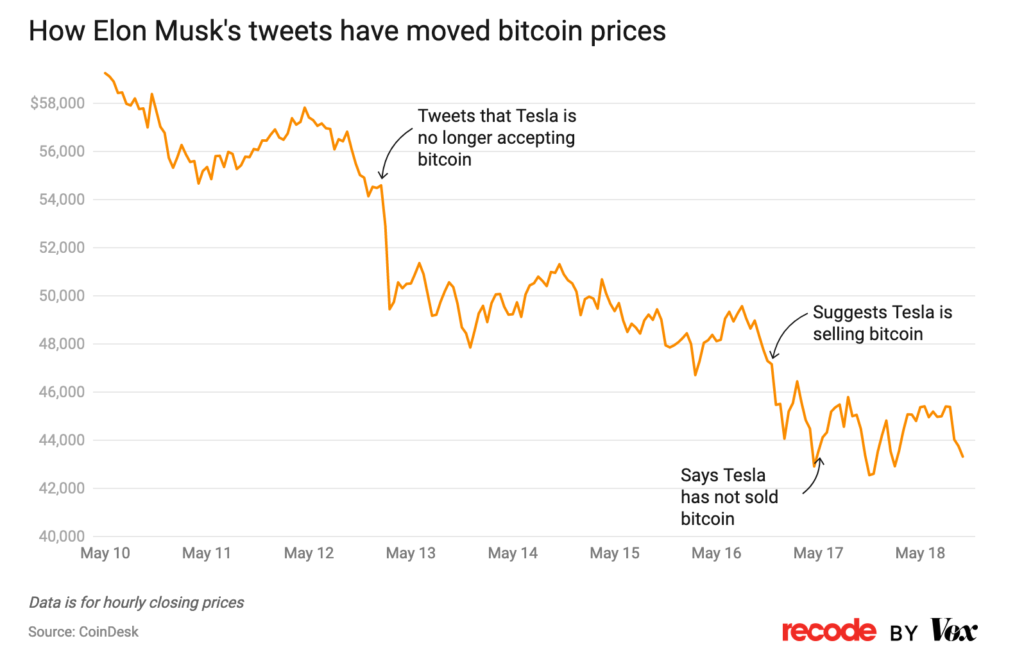Cloudscape

Seen on our cycle to the postbox today.
Quote of the Day
”Architecture is the art of how to waste space”.
Musical alternative to the morning’s radio news
Joseph Haydn | Piano Sonata nº 59 in E flat, Hob. XVI:49 | Alfred Brendel
Link
21 minutes of pure delight. And a good excuse for a second cup of coffee.
Long Read of the Day
How the Covid pandemic ends: Scientists look to the past to see the future
Very interesting piece by Helen Branswell, who’s an experienced and distinguished medical journalist. (In 2010-11 she was a Nieman Global Health Fellow at Harvard, where she focused on polio eradication. And in 2020 she received the George Polk Award in the public service category for her coverage of the Covid-19 pandemic.)
The truth is, she says, that pandemics always end. And to date vaccines have never played a significant role in ending them. (That doesn’t mean vaccines aren’t playing a critical role this time. Far fewer people will die from Covid-19 because of them.)
So how did previous pandemics end?
The viruses didn’t go away; a descendent of the Spanish flu virus, the modern H1N1, circulates to this day, as does H3N2. Humans didn’t develop herd immunity to them, either. That’s a phenomenon by which a pathogen stops spreading because so many people are protected against it, because they’ve already been infected or vaccinated.
Instead, the viruses that caused these pandemics underwent a transition. Or more to the point, we did. Our immune systems learned enough about them to fend off the deadliest manifestations of infection, at least most of the time. Humans and viruses reached an immunological détente. Instead of causing tsunamis of devastating illness, over time the viruses came to trigger small surges of milder illness. Pandemic flu became seasonal flu.
The viruses became endemic…
Read on.
Why CAPTCHAs are getting harder
Useful video explanation by Vox. Eight minutes well spent.
Thanks to the kind reader who spotted it.
Currys Law: how everything that can go wrong, will go wrong
(& why Amazon will rule the world)
Lovely blog post by Geoff Mulgan on the amazing incompetence and inefficiency of many companies (to the point where one wonders why they are not insolvent).
This is a boring blog. You can jump a few paragraphs down to the punchline if you like. It’s about the remarkable, indeed baffling, inefficiency of some big organisations. As a customer or passenger I can’t help but notice how systems are organised – so this piece is about how even the most basic things can be got wrong and how they could be put right.
It’s about very trivial problems by comparison with pandemics, disease and unemployment. But I suspect we all sometimes find that very trivial things take up a ridiculous amount of time and even emotional energy, crowding out the more important things we would rather have to think about. So this – a story about my failure to buy a cooker, and the larger failure of parts of British business to run themselves well – is in part personal therapy to get it off my chest.
Here goes. I bought a Rangemaster cooker from Currys/Dixons in mid-June 2020, to replace a similar older model which was broken. I also opted for installation and removal of the old cooker in the order. The delivery date, initially promised for 29th June, was repeatedly postponed, but eventually was fixed for August 15th. When the team arrived it turned out there was no gas installer with them and so no delivery was made.
If you’ve dealt with one of these companies, you could write the story yourself.
“On 23rd March (2021) — i.e. eight months after ordering the cooker,
the delivery lorry arrived, for the fifth time. As I had feared they said they could not deliver because of the steps. I told them I had offered to organise carriers but had been told this wasn’t necessary. They told me to take this up with customer services. Eventually I got through to them – to be told that the order had been cancelled, by them.
Geoff doesn’t tell us when the cooker was eventually up and running. But as I read the saga it brought to mind the problems we had with BT and getting fibre to our house some years ago. But that’s for another day…
The Colonial Pipeline Ransomware Hackers Had a Secret Weapon: Self-Promoting Cybersecurity Firms
Great ProPublica story, though one that’s sadly predictable.
On Jan. 11, antivirus company Bitdefender said it was “happy to announce” a startling breakthrough. It had found a flaw in the ransomware that a gang known as DarkSide was using to freeze computer networks of dozens of businesses in the U.S. and Europe. Companies facing demands from DarkSide could download a free tool from Bitdefender and avoid paying millions of dollars in ransom to the hackers.
But Bitdefender wasn’t the first to identify this flaw. Two other researchers, Fabian Wosar and Michael Gillespie, had noticed it the month before and had begun discreetly looking for victims to help. By publicizing its tool, Bitdefender alerted DarkSide to the lapse, which involved reusing the same digital keys to lock and unlock multiple victims. The next day, DarkSide declared that it had repaired the problem, and that “new companies have nothing to hope for.”
“Special thanks to BitDefender for helping fix our issues,” DarkSide said. “This will make us even better.”
DarkSide soon proved it wasn’t bluffing, unleashing a string of attacks — including the one on the Colonial pipeline.
This has been a feature of cybercrime stories for ages — most of the media coverage comes in the shape of quotes from the myriad ‘cybersecurity’ firms that inhabit this shadowy underworld. Some of them may be perfectly reputable. But one wonders…
What’s your favourite Bob Dylan song?
He was 80 yesterday. Can you believe it? The Guardian had a nice idea — to ask Mick Jagger, Marianne Faithfull, Tom Jones, Judy Collins and more for their favourite Dylan number.
Jagger’s was Desolation Row (predictable, that). Tom Jones’s was Blowin’ in the Wind. Mine too.
This blog is also available as a daily email. If you think this might suit you better, why not subscribe? One email a day, Monday through Friday, delivered to your inbox at 7am UK time. It’s free, and there’s a one-click unsubscribe if you decide that your inbox is full enough already!








